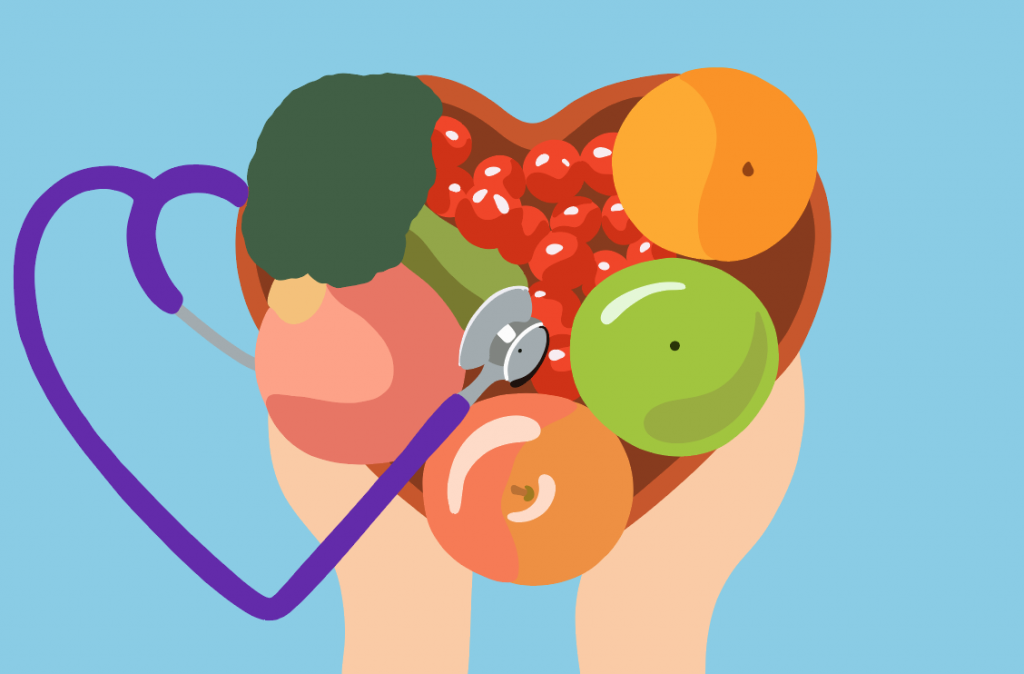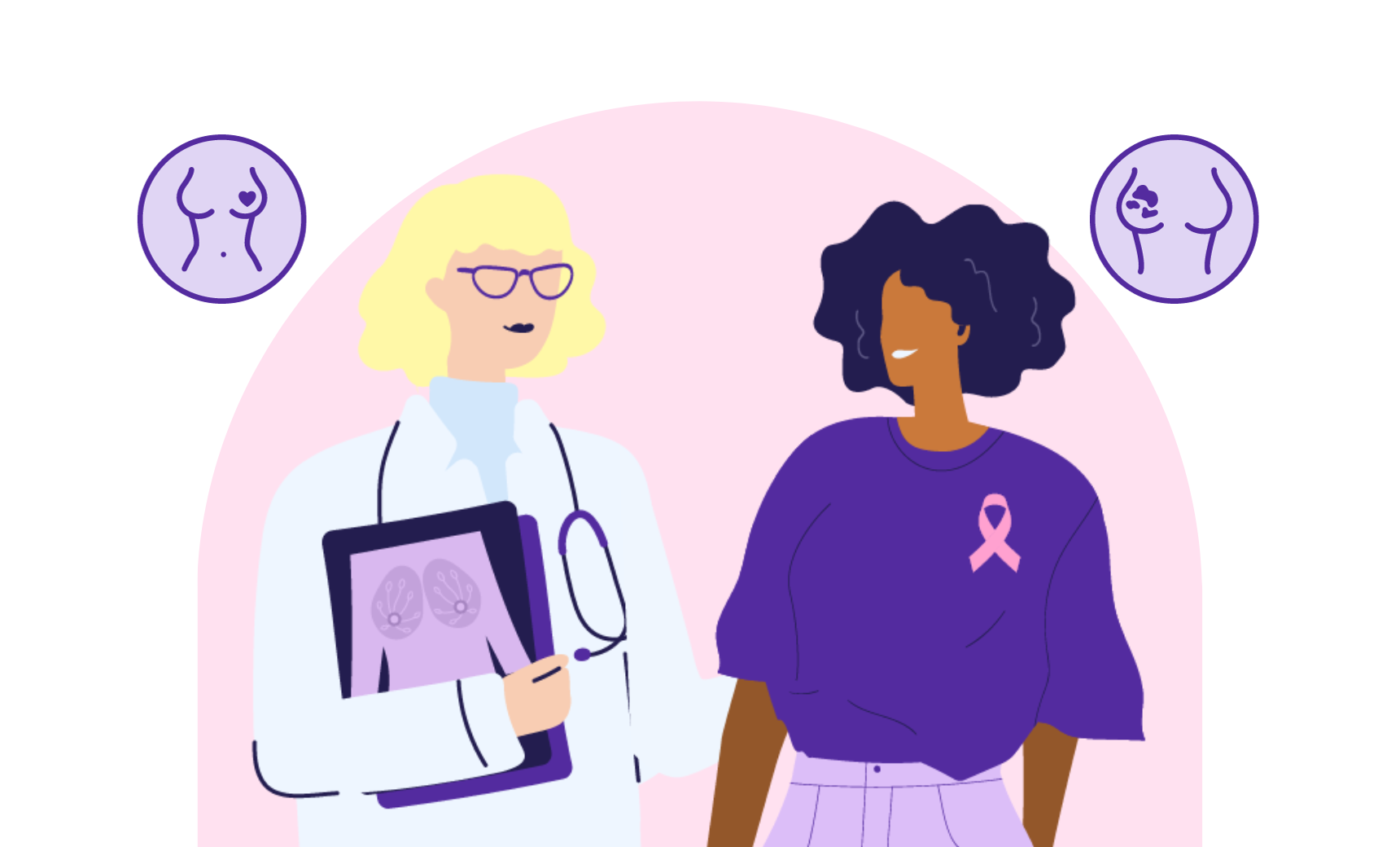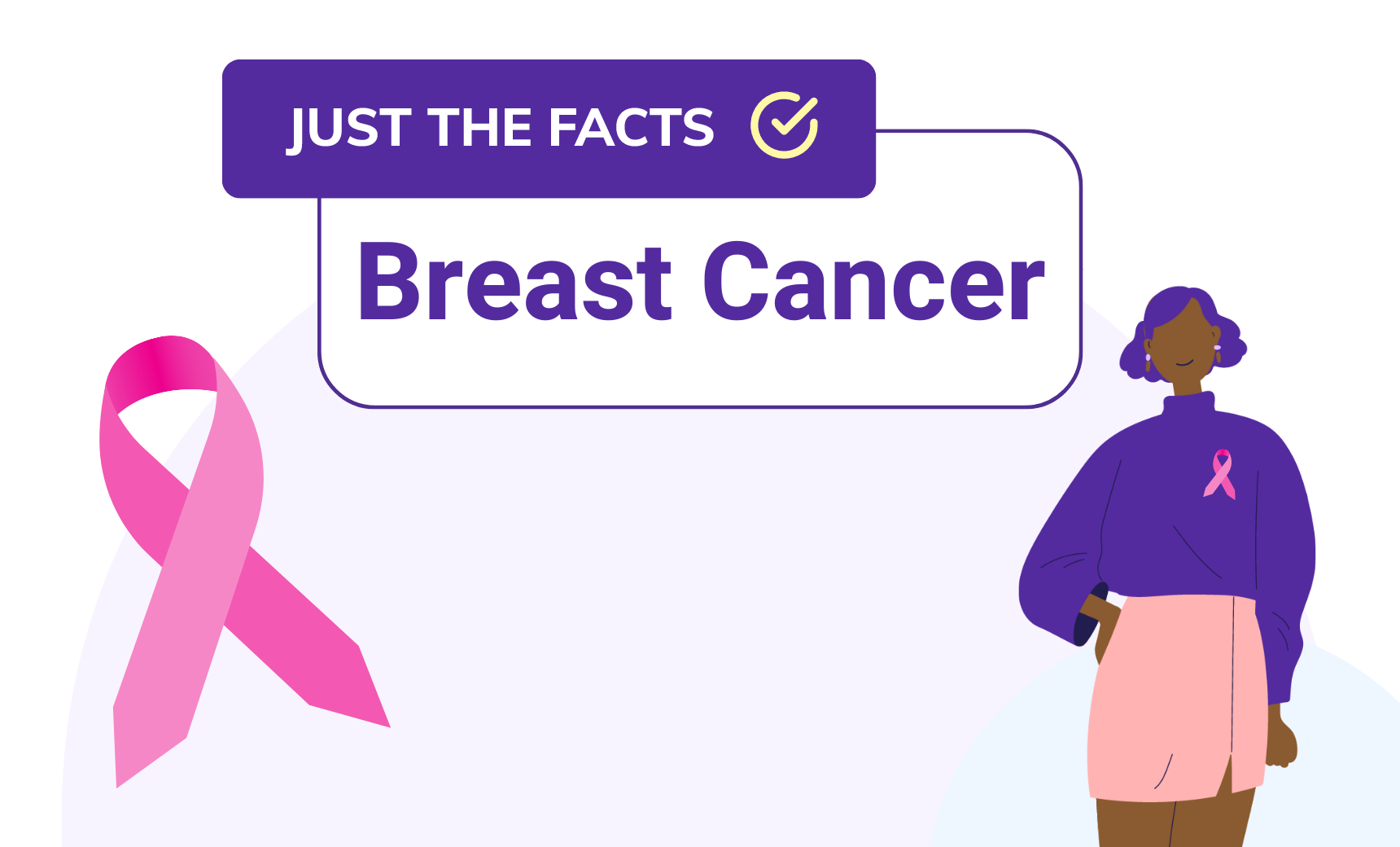
Here’s What You Should Know About Diabetes
It’s Diabetes Awareness Month and some of you may be asking “Why do I need to be so aware of diabetes?”
Well, because it affects 1 in 10 Americans. Not only is it a very prevalent disease, it’s one of the leading causes of disability and death in the United States.
What is diabetes?
To understand Diabetes, we need to know how insulin works. Our bodies turn the food we eat into sugar, or glucose, at which point our pancreas releases insulin. Insulin is the hormone the body needs to get glucose to the cells from the bloodstream to be used for energy. In diabetics, this system doesn’t work, which leads to an increase in blood sugar levels. Elevated blood sugar can damage nerves, blood vessels and organs.
Remember that there are 2 types of diabetes. People with type 1 do not produce insulin. Type 2 is more common and is an effect of the body not using insulin properly, as opposed to not producing it at all. Both types affect people of all ages, races and gender.
What is your risk?

The good news is you can prevent or delay type 2 diabetes. Speak to your doctor about assessing your risk.
If you have been diagnosed with prediabetes, that means your blood sugar levels are higher than normal but not yet high enough to be considered diabetes. About one-third of American adults have prediabetes, but 90% of them don’t know. 90%! That’s almost 100%! But while it’s still a serious condition, it’s totally reversible through some simple lifestyle changes, which is why it’s so important to get tested.
The A1C test is a blood test that provides information about your average levels of blood glucose, or blood sugar, over the last 3 months. It helps your doctor determine your risk, diagnose prediabetes or diabetes, or if you’ve already been diagnosed, it helps you monitor your glucose levels.
Talk to your doctor about getting tested if you’re experiencing any of these symptoms:
- An increase in how often you need to urinate
- Blurred vision
- Confusion or a change in the way you normally talk or behave
- Fainting spells
- Seizures (for the first time)
What now?
If you have been diagnosed, it’s OK. Don’t worry. There is a huge, supportive community and plenty of tools to help manage the disease, from medication to a savvy lifestyle. Work with your doctor to manage any necessary medication and ask them and your pharmacist plenty of questions until you’re really comfortable with the process.
Eating well is paramount in managing diabetes. Rebranding your diet can feel overwhelming, so make it easier on yourself by speaking with a dietician or a well-versed foodie friend about a nutritional plan that works best for your schedule and preferences. Do your research on empty and whole carbs, know how to read a food label and consider taking on a meal plan to streamline your efficiency.
Whether you have a diabetic loved one, have lived a full diabetic life for 30 years, are newly diagnosed, or you’re just a good ally, do your part this month by encouraging others to take control of their health and doing so yourself. A diabetes test is a simple means of peace of mind and has often been life-saving. Great job on taking this first step to inform yourself about diabetes. Next, we’ll help make it even easier on you by finding you a convenient, in-network lab.
Check your blood sugar today.
Don’t have time to see a doctor? Book a blood sugar test through our doctor online.




LabFinder Marketing
The LabFinder Editorial Team is behind The Illuminator and The Insider, LabFinder’s consumer and business blogs.
Dr.Robert Segal
Dr. Segal is CEO and co-founder of LabFinder, as well as a board-certified cardiologist. He began practicing medicine in 2002 and has founded several businesses, including Medical Offices of Manhattan and Manhattan Cardiology.